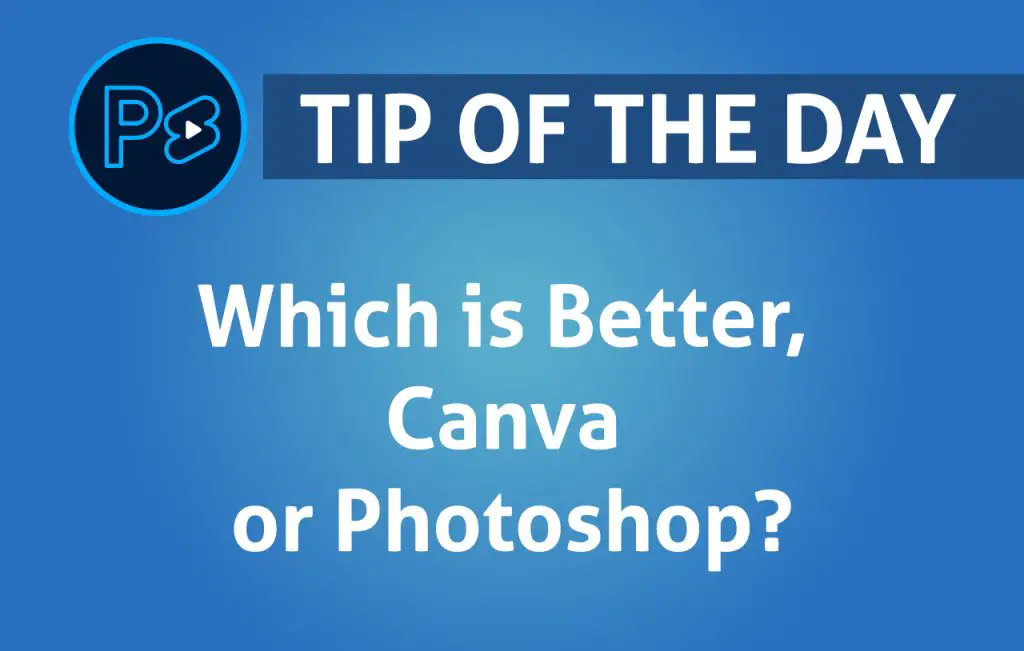When it comes to graphic design, two of the most popular tools that come to mind are Canva and Adobe Photoshop. Both have their unique strengths and cater to different user needs. Choosing the right tool depends on your experience, design requirements, and budget. In this article, we’ll compare Canva and Photoshop based on features, ease of use, pricing, and suitability for different purposes.
1. Ease of Use
Canva:
- Designed with simplicity in mind, Canva offers a user-friendly, drag-and-drop interface that makes it perfect for beginners.
- It comes with thousands of templates for social media graphics, presentations, posters, and more.
- No prior design knowledge is required, making it an ideal choice for small business owners, marketers, and students.
Photoshop:
- Photoshop has a steeper learning curve and is more complex than Canva.
- It offers advanced tools for image editing, retouching, and creating professional-level designs.
- Photoshop is better suited for experienced designers, photographers, and professionals who require precision and control.
Winner: Canva (for beginners), Photoshop (for professionals)
2. Features and Capabilities
Canva:
- Provides a wide range of pre-designed templates, fonts, and graphics.
- Offers basic photo editing tools such as cropping, filters, and color adjustments.
- Best for creating social media content, presentations, and marketing materials.
Photoshop:
- Industry-standard software with powerful editing tools, such as layers, masks, and filters.
- Allows for detailed photo manipulation, digital painting, and high-end design work.
- Supports advanced features like 3D design, animation, and professional color grading.
Winner: Photoshop (for advanced editing), Canva (for quick designs)
3. Pricing
Canva:
- Offers a free version with limited features.
- The Pro plan starts at around $12.99 per month, which unlocks premium templates, brand kits, and additional features.
Photoshop:
- Available through Adobe’s subscription model, starting at $20.99 per month.
- Photoshop is part of the Adobe Creative Cloud, which includes access to other tools like Illustrator and Lightroom.
Winner: Canva (for affordability), Photoshop (for professional investment)
4. Customization and Flexibility
Canva:
- Limited in customization, as it primarily focuses on pre-made templates.
- You can add custom elements, but the design flexibility is restricted compared to Photoshop.
Photoshop:
- Provides complete creative freedom with no limitations on customization.
- Ideal for creating unique, high-quality designs from scratch.
Winner: Photoshop
5. Suitability
Canva is best for:
- Social media marketers
- Bloggers and small business owners
- Beginners with no design experience
Photoshop is best for:
- Professional designers and photographers
- High-quality print and web design
- Advanced photo manipulation
Conclusion
If you’re looking for an easy-to-use, budget-friendly solution for quick designs, Canva is the way to go. However, if you need advanced tools and full creative control, Photoshop remains the best choice for professional work. Ultimately, the right tool depends on your design needs and skill level.

